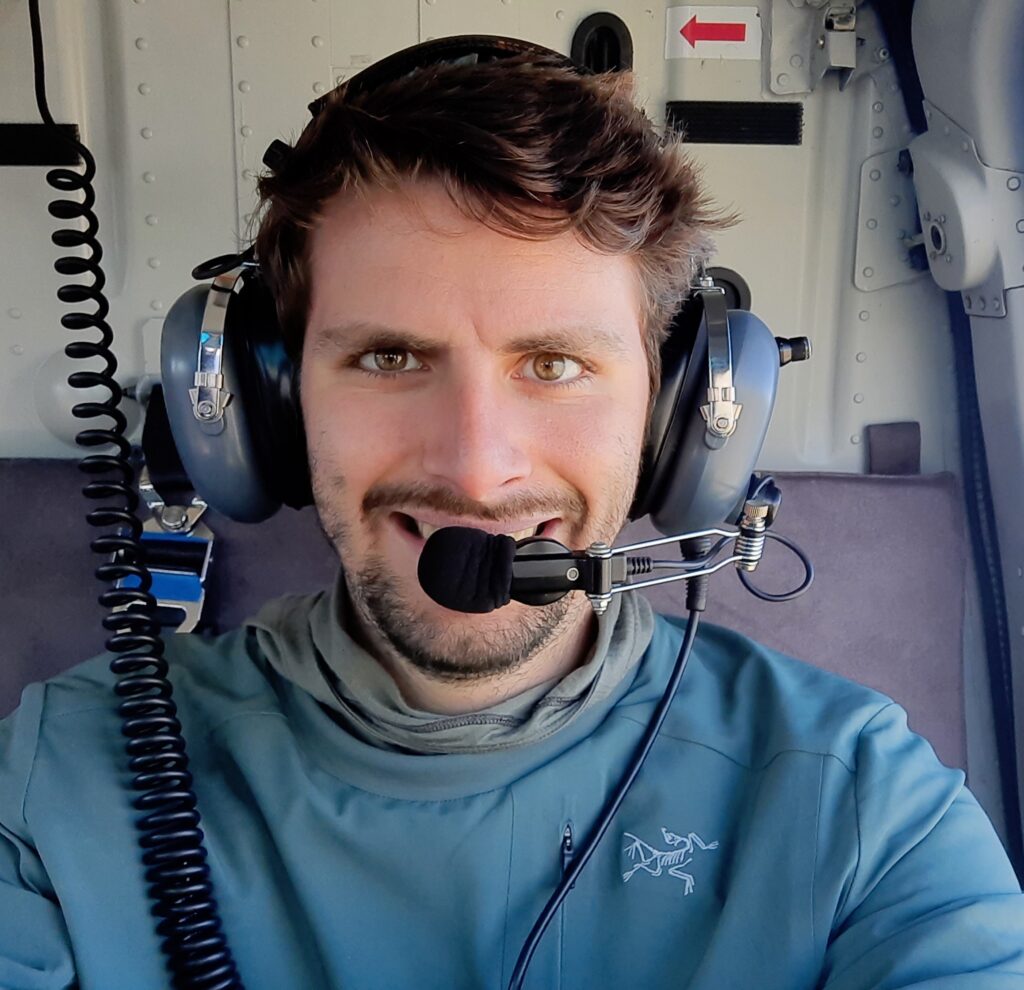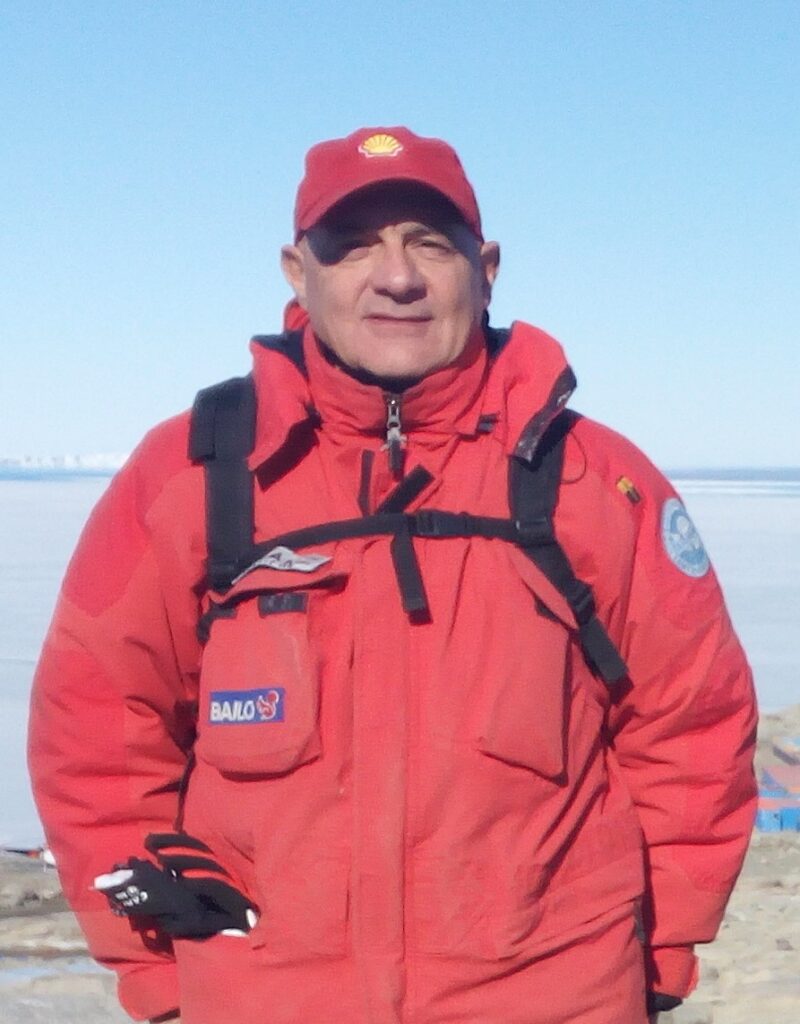Prof. Marco Alberto Carlo Potenza
Professor of Optics at the Physics Department of the University of Milan, he focuses his research on the development of innovative optical instrumentation with applications in different fields from nanomedicine to the characterization of particle beams and accelerators. For more than fifteen years he has been working on behalf of the European Space Agency and in 2009 he carried out experiments on board the International Space Station. For about ten years, he developed instruments operating in the outdoors and extreme environments (Alps and Antarctica) for the measurement of powders. In autumn 2018, he installed an instrument for measuring dust in the air at the Italian-French permanent station Concordia, on the eastern Antarctic plateau. The tool is working continuously until the end of 2021. He is also involved in astronomical and scientific conferences at the Astronomical Planetary of Milan.
https://sites.google.com/site/potenzaunimi/

Prof. Barbara Delmonte
Associate professor in Glaciology and Paleoclimate at the University Milano-Bicocca and Ph.D. in Polar Sciences (2003) at the University of Siena-Université Joseph Fourier, Grenoble I (co-agreement Italy/France). She took active part in different projects related to ice core science. Among these, the EPICA (European Project for Ice Coring in Antarctica) project, the EU EPICA-MIS (Enhanced Palaeoreconstruction and Integrated Climate Analysis through Marine and Ice core Studies) project, the TALos Dome IcE core (TALDICE) project. Her research mainly focus on aeolian mineral dust and volcanic particles from different polar and nonpolar ice cores as well as sediment samples from dust deflation areas worldwide. She won the “Prince of Asturias” Award (Scientific Committee for Antarctic Research) and the “Prix André Prud’Homme” (Société Météorologique Française with Météo-France). She is also a contributing author to the Intergovernmental Panel on Climate Change (IPCC) 2013.
https://www.unimib.it/barbara-delmonte

Claudio Artoni, PhD
Geologist, snow scientist & technical manager of the EuroCold lab. at the University Milano Bicocca, Department of Earth and Environmental Science.
Ph.D. in Polar Sciences at the University Ca’ Foscari of Venice with a project on the optical properties of dust in snow in Antarctica and Svalbard.
Certified Polar Guide, Claudio has a great passion for the polar regions and has participated in numerous expeditions to the Arctic and Antarctica. Associate researcher at the Institute of Polar Sciences of CNR, he spent 7 months as station leader and safety manager of the “Dirigibile Italia” Arctic Station in Ny-Alesund, Svalbard.
Avalanche instructor and educator for the Italian Avalanche Service, vice-president of the Avalanche Commission of the International Commission for Alpine Rescue (ICAR) and professional members of the American Avalanche Association.
Photographer and storyteller, he loves to convey his passion for his work during events and conferences.
Reviewer of the Intergovernmental Panel on Climate Change (IPCC) Sixth Assessment Report (AR6) “Climate Change 2021: Impacts, Adaptation and Vulnerability” WGII.
Ambassador of the citizen science project “Community Snow Observation”.
https://www.unimib.it/claudio-artoni

Francesco Cavaliere
High Professionality Technician at the University of Milan. Responsible and Manager of the Mechanical Workshops for the Physics Department and the Interdisciplinary Centre for Nanostructured Materials and Interfaces (CIMaINa). Technical Director Since 1987 he works at the Physics department of the Univeristy of Milan giving support to research activities inside and outside the Department.
He also participated to many experimental and observational campaigns, with experience in building, transporting and installing complex and huge instrumentation in remote areas: 12 Antarctic expeditions (from 1989 to 2020), collaborating with French, Italian and American Stations. 11 years at the National Laboratory at Gran Sasso (L’Aquila, Italy). In these years he managed to build a complete workshop at the Department of Physics, equipped with traditional and CNC machines, a metrological machine for microanalyses of mechanical pieces. Recently, he developed inflatable modules for surviving in extreme conditions. A prototype was realized and tested 3 months in Antarctica (2013/2014). It’s currently adopted for remote camps on the Italian Alps for drilling expeditions Awards: 2015 Milano Montagna Vibram Factory Special Prize for the work about the safety and rescue in extreme conditions, 1990 Gold Medal from the National Science Foundation (U.S.) for the contribution to research in Antarctica.
http://officina.fisica.unimi.it/wordpress/

Collaborators: Valter Maggi, Llorenç Cremonesi, Deborah Fiorini, Luca Teruzzi, Andrea Passerini, Claudia Ravasio.
